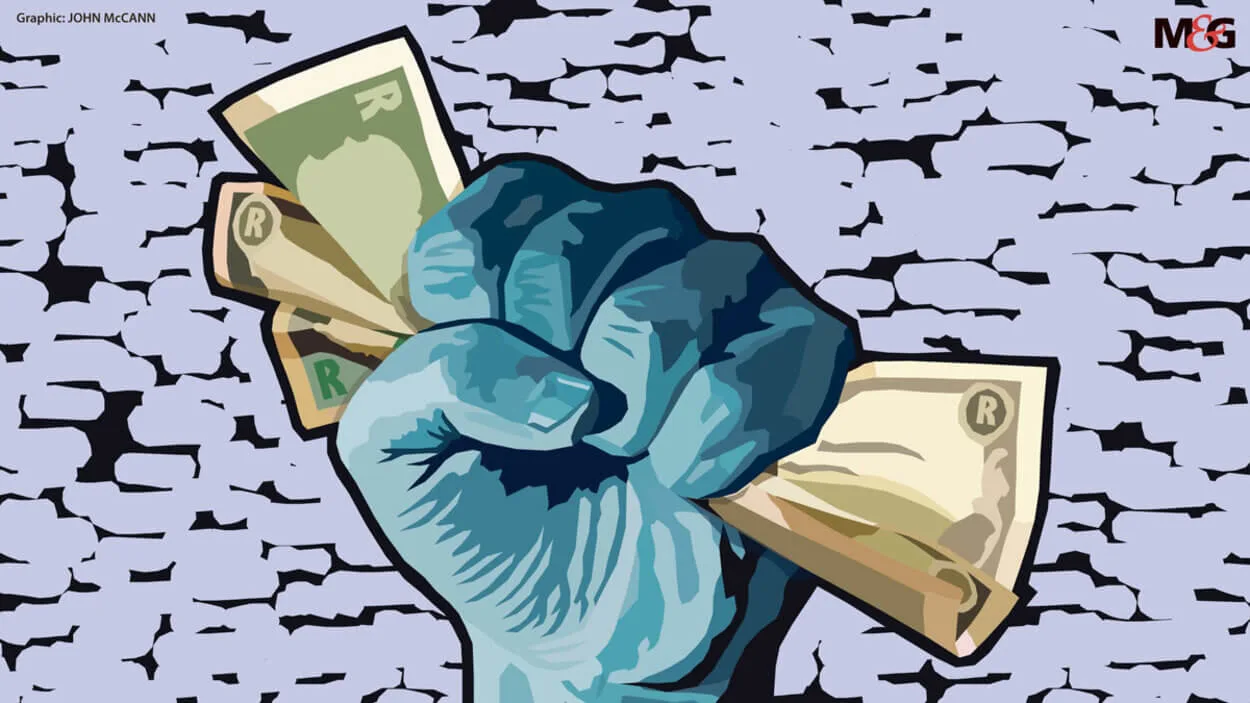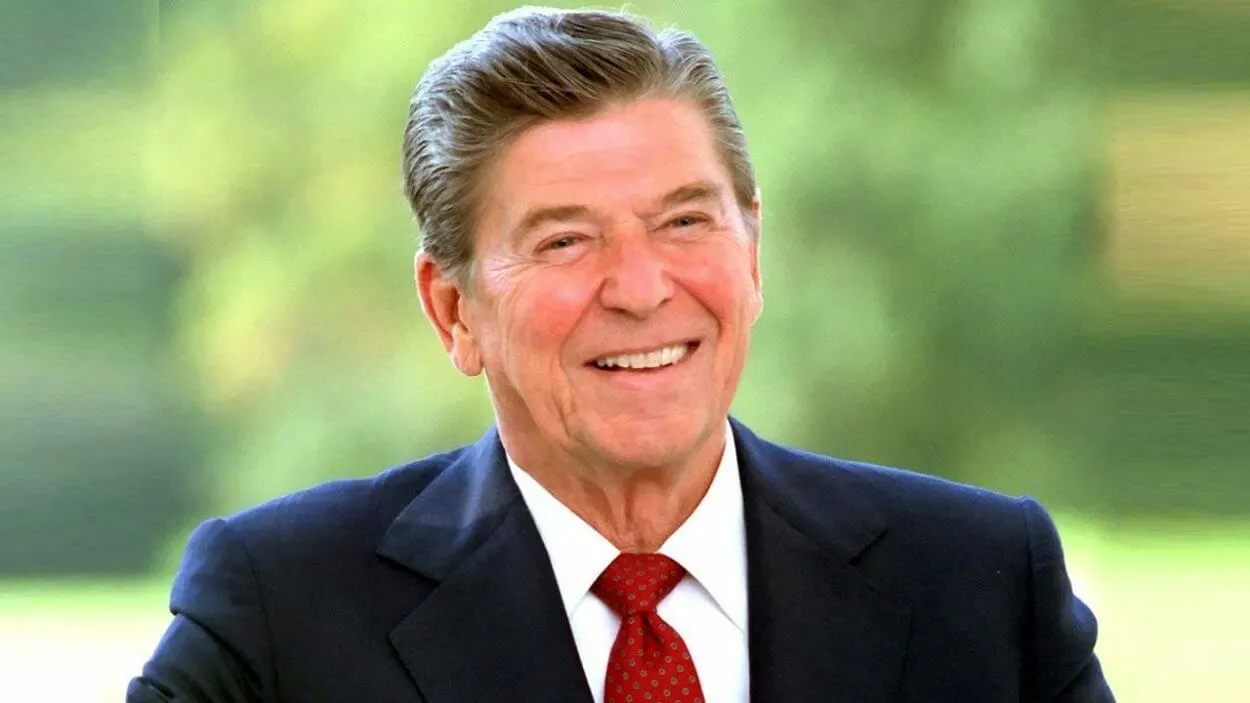Have you ever wondered why your government acts the way it does? Why does it pass specific bills, pursue specific relations, and promote specific ideologies?
All governments have different ways of running their country, to varying degrees of success. They adopt different ideologies and methods to achieve their specific goals.
Two of the most popular ideologies in the United States are Neoliberalism and Libertarianism, and this article will go over the difference between the two.
Is political science really useful?
Since both ideologies are a part of political science, it’s important first to understand what political science is.
According to the Indiana University of Pennsylvania (IUP), policies, political science studies politics, and the government structure in U.S. and around the globe in order to describe and explain political events, and how those events will affect the general public.
This includes studying government processes, institutions, behaviors, and how these governments interact with their citizens.
Despite its relative “youth”, political science is another type of science, meaning that political scientists approach their study objectively and rationally.
While most people assume political science is boring and irrelevant to their lives, the opposite is true. A thorough understanding of how the government works and how its actions can affect the country helps people become more active citizens of their country.
What is neoliberalism?

Neoliberalism is a political ideology that places great importance on the value of free-market competition, strongly associated with laissez-faire economics.
It is associated with influential political figures such as Margaret Thatcher and Ronald Reagan, along with policies to reduce government spending on social welfare programs.
As President Ronald Reagan once famously said, “Man is not free unless the government is limited.”
Laissez-faire (pronounced Leh-seh-Fare) translates to “allow to do” and calls for minimal governmental involvement in the economic events surrounding their society.
This theory assumes that individuals pursuing their desired ends would achieve the best results for the society they were part of, so governments should only focus on maintaining order and security.

Since laissez-faire is a major component of neoliberalism, it is safe to assume that neoliberals have certain expectations regarding government interference.
They demand limits on government spending, government regulation, and public ownership. While acceptable to some extent, you should note that neoliberalism has its fair share of criticisms.
For a real-life example of how a lack of government regulation can harm the economy, look no further than the 2007-09 Great Recession. A lack of proper government action, along with reckless (and pointless) financial innovation, resulted in the near-total collapse of the global economy and left billions of innocent people homeless and unemployed.
The Downsides of Neoliberalism: Understanding Its Pitfalls
Multiple studies have highlighted neoliberalism’s quite distinct disadvantages. As shown in the above example, if followed strictly, neoliberalism can lead to massive destruction.
It has been proven multiple times that people pursuing their own self-interest has virtually no benefit for society.
Instead, a lack of government control could cause markets to collapse and thus promote financial instability. Also, neoliberalism tends to promote the creation of monopolies, which increase the profits of corporations at the expense of any benefits to consumers.
Finally, and most importantly, neoliberalism can increase the economic inequalities of society, with the rich getting richer and the poor seeing no change, which is harmful to the long-term health of an economy.
Why do people like libertarianism?
It may be a mouthful, but libertarianism is another important ideology societies adopt. It places an individual’s liberty as the most important political value.
An individual’s liberty includes natural and God-given rights such as life, private property, freedom of speech, worship, government by consent, legal equality, and moral autonomy.
Libertarianism believes that the role of the government is simply to protect these rights, and so the government’s powers should be restricted so that they can not interfere any more than this, and originates largely from classical liberalism.
This policy firmly believes that individuals should be able to act however they desire, so long as they don’t disturb or disrespect the rights of those around them.
Libertarians believe that political figures use everyday citizens as pawns to increase their own power and wealth, failing to see these citizens as independent agents with their own desires and plans.
Therefore, any claims the government makes about why they have special powers over other people’s liberty deserve special justification and a majority vote.

Understanding Libertarianism: Embracing Spontaneous Order and Critiques
Perhaps the most defining factor of libertarianism is that they believe that all aspects of a functioning society (language, law, hierarchy) and the society itself arise naturally without any conscious direction or central authority.
This is defined as spontaneous order, with the formation of free markets being an excellent example. They believe that self-help, mutual aid, charity, and economic growth do more to alleviate poverty than government social welfare programs.
Libertarianism shares many of the same criticisms as neoliberalism, as many economists maintain that laissez-faire economics is inclined to ignore market failures, as people are wholly capable of pursuing their own gain at the expense of society.
For more information on what exactly libertarianism is, you can watch the following six-minute video:
What Is The Difference Between Neoliberalism and Libertarianism?
Reading this article, it becomes apparent that there is virtually no difference between neoliberalism and libertarianism.
Both ideologies promote the formation of free markets, with the government playing a very minimal role. Both ideologies require that wealth flows naturally to whomever it may benefit the most.
While we know that any wealth generated will likely flow into the hands of the wealthy, the two ideologies seem nearly identical. Also note that both ideologies have the same root: economist Adam Smith.
If there is any significant difference between the two, it is in their vagueness of ideals and their trust in the government. Libertarianism pursues a broader spectrum of responses, while neoliberalism focuses only on the relationship between politics and free markets.
Secondly, libertarianism places very little trust in the government compared to neoliberalism.
For example, assume that the President of a small country passes a bill to encourage free trade. The bill was initially well-received, but soon, economists were able to find flaws in the policy.
Neoliberals will label the bill incomplete, which can be improved with slight changes to the underlying theory or executions. In contrast, libertarians will view the policy as an utter failure and will encourage the government to step away from engaging in industry politics.
Conclusion
Here is a brief overview:
- Both neoliberalism and libertarianism want less government in the economy.
- Adam Smith’s ideas are the basis of neoliberalism and libertarianism.
- They both like free markets and less government.
- Neoliberalism trusts the government, but libertarianism trusts it less.
- Neoliberalism is open to some government involvement, but libertarianism isn’t.
- Neoliberalism thinks the government can do better; libertarianism wants none.
- Neoliberalism wants wealth with some government control. On the other hand, libertarianism wants wealth without any government.

